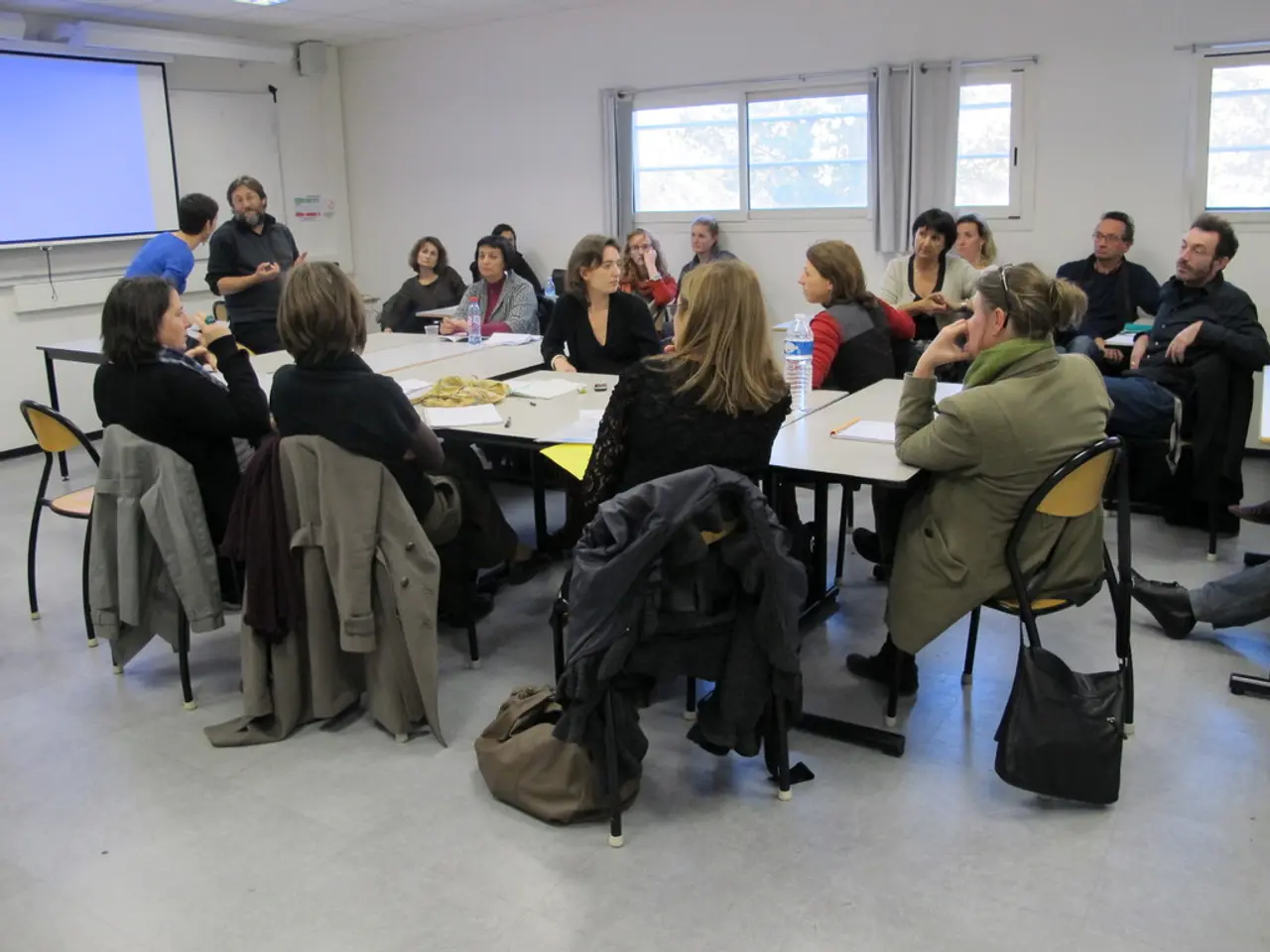Analyzing Interviews: A Comprehensive Guide
Focus group interviews have emerged as a valuable research technique, offering several advantages over other survey methods. These group discussions provide a comprehensive and in-depth insight into the attitudes, preferences, and beliefs of participants, making them an effective tool for understanding complex issues.
The key to a successful focus group interview lies in careful planning and execution. Here are the essential steps to prepare and conduct a fruitful session:
- Define Clear Objectives: The first step is to set clear objectives for the focus group. These objectives will guide the process and questions, ensuring that the discussion remains relevant and focused.
- Recruit Appropriate Participants: It's crucial to target participants who represent the demographics or stakeholders relevant to your research. Offering incentives can encourage participation if necessary.
- Create a Detailed Discussion Guide: Develop a structured script with open-ended questions and follow-up probes to facilitate in-depth discussion and keep the session on track.
- Choose a Skilled Moderator: Select a moderator experienced in facilitating group discussions who can manage dynamics, encourage participation, keep conversations focused, and handle off-topic diversions.
- Select and Prepare the Location: Ensure the venue is accessible, comfortable, private, and free from distractions. Arrange seating in a circle to promote interaction and check all logistics in advance.
- Prepare Participant Materials and Pre-session Instructions: Provide participants with background, session expectations, and any preparatory materials or tasks to help them come informed and ready.
- Conduct and Record the Session: Facilitate the focus group according to the guide, ensuring balanced participation and keeping within time. Record audio/video (with consent) for detailed analysis later.
- Post-session Follow-up: Analyze recordings and notes to extract insights aligned with the objectives.
These steps collectively ensure the focus group is well-planned, executed smoothly, and yields useful qualitative data.
During the discussion, the moderator plays a crucial role in guiding the discussion, ensuring that all participants have the opportunity to contribute, and keeping the focus on the research topic. Group dynamics are managed to ensure balanced participation, and probing or follow-up questions are asked to clarify points or delve deeper into ideas.
After the discussion, the recorded discussion is transcribed and analyzed for data collection and analysis. Focus group research can be used as a standalone method or in combination with other qualitative data collection methods, such as individual interviews or surveys.
However, challenges do arise in focus group research. These include managing group dynamics, groupthink, moderator bias, logistical challenges, and analyzing the large amount of qualitative data generated. A two-sided focus group approach can be applied, where one group observes and provides feedback on the other group's discussion.
Focus groups typically consist of 6 to 10 participants and it's important that they share some relevant characteristics and bring different perspectives. The moderator starts with simple, non-threatening questions to help participants feel comfortable and get the conversation flowing.
In conclusion, focus group interviews offer a powerful tool for gathering qualitative data. By following the key steps outlined above, researchers can ensure their focus groups are well-planned, executed smoothly, and yield valuable insights.
The transcribed discussions from the focus group meetings can serve as valuable inputs for education and self-development, particularly in conducting research and understanding complex issues. The learning process extends beyond the focus group, as the recorded sessions are analyzed for data collection and analysis, which can be further used in combination with other qualitative research methods.
To ensure the transcription process is accurate and comprehensive, it's essential to employ a skilled transcriber who can capture the nuances of the group discussions, allowing for thorough analysis and interpretation later on.




